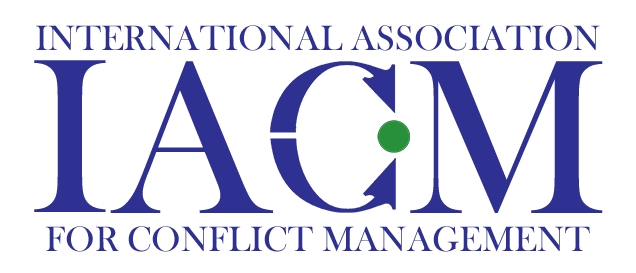Full Program »
The Costs of Autonomy: Decisional Autonomy Undermines Judgements of Experts
Keywords: Autonomy; Paternalism; Ethics; Medical Decision-Making
Abstract: The debate over whether people ought to be guided paternalistically or given full decisional autonomy has been raging for centuries. However, in modern western societies, autonomy has become the gold standard, both in theory and in practice. The United States medical system, in particular, has increasingly prioritized patient autonomy, encouraging patients to come to their own decisions about their medical care. The present research examines the important question of how patients, and decision-makers in general, react to full decisional autonomy when making decisions under uncertainty. Across 6 experiments (N = 3,255) we find that decision-makers prefer advisors who offer paternalistic advice to advisors who grant them full decisional autonomy in a variety of domains. These results deepen our understanding of preferences for autonomy and paternalism, and challenge the benefits of recently adopted practices in medicine that prioritize autonomy. Decision-makers do not think that full decisional autonomy is the gold standard.
